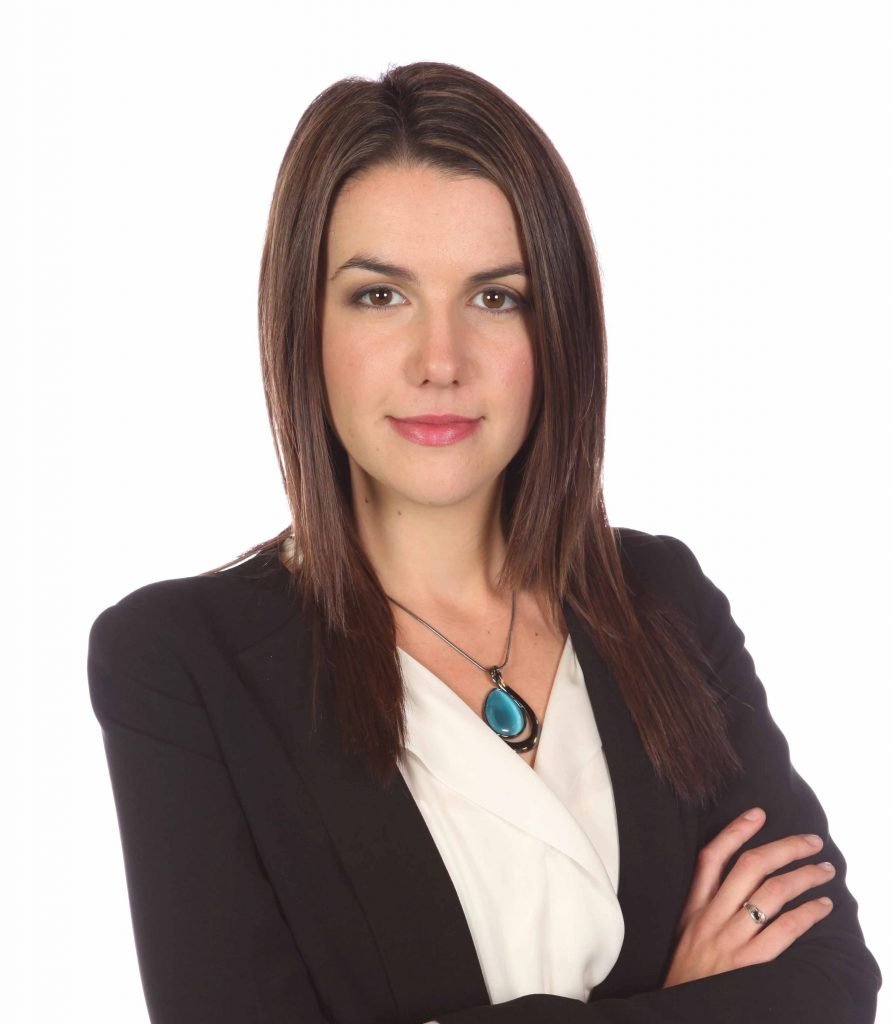Raquel Fletcher in Quebec City
Despite the Coalition Avenir Québec (CAQ) government’s repeated insistence that it will maintain the rights of English-speaking Quebecers, anglophones are struggling to see where they stand with this government.
Recent decisions and statements by the premier have only heightened concerns.
Take, for instance, the decision to cancel the Dawson College expansion, a project the government itself chose to accelerate just last fall when it included it in an important infrastructure bill. Last week, the province reversed course and said it was going to prioritize francophone students over anglophone students.

#NewsMatters: The National Assembly Report
Or take an incident during question period last Thursday when the Blue Room erupted in cacophony amid heated exchanges and loud arguments between MNAs.
The trigger of this eruption was a joke made off camera and off microphone, but still loud enough to be heard by MNAs and journalists. When Liberal Leader Dominique Anglade misspoke, calling Paradis “Mr. Québécois” instead of “Mr. Speaker,” Premier François Legault retorted, “Of course, he’s a caquiste.”
Liberal MNAs interpreted this to mean either the premier was saying only people who vote for the CAQ were “true” Quebecers or people who vote Liberal were not. Either way, they said the premier’s “joke” was unacceptable.
When Liberal MNAs questioned the government about Dawson and other issues, including bilingual judges, Legault mocked the opposition, pronouncing the word “Liberal” in French with an English accent. He appeared to be insinuating the Quebec Liberal Party was more interested in defending English minority rights than the French language.
Legault denied his government is trying to sow division and refused Anglade’s demand for an apology.
Deliberate election strategy?
Despite Question Period rules that forbid heckling, chaotic exchanges between the government and opposition Liberals have often made headlines.
Last June, Legault apologized for his tone and promised to try harder to “control his temper.” In December, recognizing he hadn’t made much improvement, he told journalists he would drink more herbal tea and reiterated the promise not to let opposition parties get under his skin.
However, just three days into the new session, the National Assembly once again veered out of control. This time, though, there is a notable difference. The premier has often blamed his outbursts on the opposition, saying he rises to the occasion when provoked.
But it’s now the premier who seems to be the one doing the provoking. Commentators have begun to ask if this is a deliberate electoral strategy to appeal to nationalist voters ahead of this fall’s election.
Dividing Quebecers
While the Liberal Party accuses the premier of deliberately trying to divide Quebecers, the premier seemed to suggest during a recent press conference that Quebecers were already divided, along linguistic lines, when it comes to which political parties they vote for. According to the most recent Leger poll, the Liberals only have the support of 12 per cent of Quebec francophones. Most Liberal support appears to be concentrated in English Montreal.
“Mrs. Anglade is in a tough position to defend French,” Legault said. “I think her predecessors like Jean Lesage or Robert Bourassa were nationalists. I think we can do both: defend the French language and be open to all communities.”
Last week’s debate drew numerous commentaries in the province’s French media, with one opinion columnist insisting the premier should say he’s sorry.
“He should offer an apology, say that it was a bad joke,” wrote Antoine Robitaille in Le Journal de Québec. “And remember that anglophones are obviously full Quebecers; they should be treated as such.”
Can voters expect a debate preceding the election about whether anglophones consider themselves or are considered by others as “true” Quebecers? Things could get messy.
Maybe that’s why Liberal MNA David Birnbaum tried to steer debate about Dawson College away from language altogether. Birnbaum has often raised concerns of the anglophone community in the house and has not shied away from asking his questions in English.
“A norm is a norm, is a norm. There is no language involved,” Birnbaum said. “The buck stops with the premier. He made the choice to axe the Dawson project. He threw the needs of these Quebec students under the bus.” With Bill 96 currently being studied by the National Assembly, the language debate will not be going away anytime soon. The question is whether debate can stay civil.



